Product will arrive in 1 to 2 business days
Key Features
✓ Endotoxin Level: <0.5 EU/1ug
✓ Purity: >97% SDS-PAGE
✓ Biological Activity: Yes
✓ Expression System: E. coli
Need Help Ordering?
Product Details
Storage & Preparation
Data Images
Background
Product Documents
Product Details
| Biological Activity | Determined by a cell proliferation assay using mouse FDC-P1 cells. The ED50 for this effect is typically <50 pg/mL. |
| Purity | >97% by SDS-PAGE and quantitative densitometry by Coomassie® Blue staining. |
| Endotoxin | <0.5 EU per 1 ug of the protein as determined by the LAL method. |
| Expression System | E. coli |
| Accession Number | Q14AD9 |
| Sequence | Ala18-Lys141, with an N-terminal Met
MAPTRSPITV TRPWKHVEAI KEALNLLDDM PVTLNEEVEV VSNEFSFKKL TCVQTRLKIF EQGLRGNFTK LKGALNMTAS YYQTYCPPTP ETDCETQVTT YADFIDSLKT FLTDIPFECK KPVQK |
| Molecular Weight | 14.3 kDa (monomer, predicted) |
| Formulation | Lyophilized from sterile PBS with Trehalose, pH 7.4 |
Storage & Preparation
| Shipping | Shipped at ambient temperature. |
| Stability & Storage |
|
| Reconstitution | Reconstitute at 100 ug/mL in sterile PBS. |
Data Images
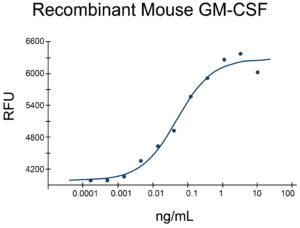 |
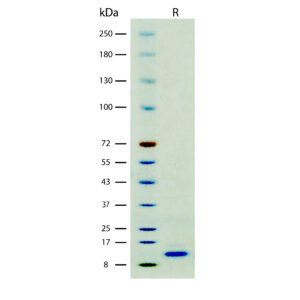 |
| Determined by a cell proliferation assay using mouse FDC-P1 cells. The ED50 for this effect is typically <50 pg/mL. | Recombinant Mouse GM-CSF (2 ug/lane) on SDS-PAGE under reducing (R) conditions. The gel was stained using Coomassie® Blue showing a single band at 14 kDa and purity greater than 97%. |
Background
| Alternative Names | Granulocyte Macrophage Growth Factor, CSF2, Sargramostim, Molgramostim, Colony Stimulating Factor 2, Pluripoietin-a, MGI-IGM, Csfgm |
| Function | Granulocyte Macrophage Growth Factor (GM-CSF), also known as CSF2, is a cytokine with diverse biological functions, primarily related to immune and inflammatory responses. In addition to a role in maintaining a niche environment for hematopoietic stems cells, GM-CSF stimulates the growth and differentiation of hematopoietic progenitor cells from various lineages including granulocytes (neutrophils, eosinophils, and basophils) and macrophages. The production of GM-CSF by T cells, macrophages, dendritic cells, B cells, eosinophils, and mast cells leads to the differentiation and activation of various immune cells, including macrophages and dendritic cells. Activation of dendritic cells and T cells involving GM-CSF plays a role in the native anti-tumor immune response, which has led to immunotherapies such as chimeric antigen receptor (CAR) T cell therapy. GM-CSF is also involved in enhancement of antibody production by B cells, the Th1 polarized immune response, and tissue repair and remodeling processes. GM-CSF binds a receptor complex composed of the GM-CSF R alpha (CD116) and common beta chain (CD131). |
| Tissue Specificity | Bone marrow stromal cells, lymph node, spleen, vascular endothelial cells, respiratory and gastrointestinal epithelial cells, and fibroblasts. |
| Cellular Localization | Secreted protein |
| Involvement in Disease | Dysregulation of GM-CSF production is implicated in autoimmune disorders (rheumatoid arthritis, multiple sclerosis, inflammatory bowel disease), cancer tumor progression, cancer immune evasion, leukemia, myelodysplastic syndromes, pulmonary alveolar proteinosis (PAP), allergic inflammation (asthma, atopic dermatitis) and neuroinflammatory processes in Alzheimer’s disease and Parkinson’s disease. |
| UniProt | Q14AD9 |
| Gene Symbol | CSF2 |
| Entrez Gene ID | 12981 |
Product Documents
| Product Datasheet | Download Product Datasheet |
| COA | Contact Us |
| SDS | Download SDS |
You may also be interested in related products:
$90.00 – $1,250.00
$90.00 – $3,199.00
Reviews (no reviews yet)
Only logged in customers who have purchased this product may leave a review.
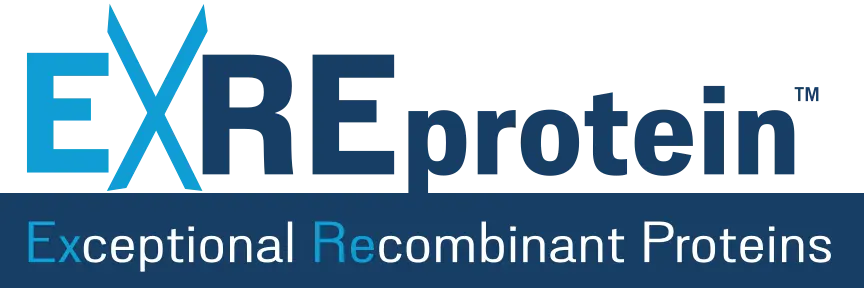
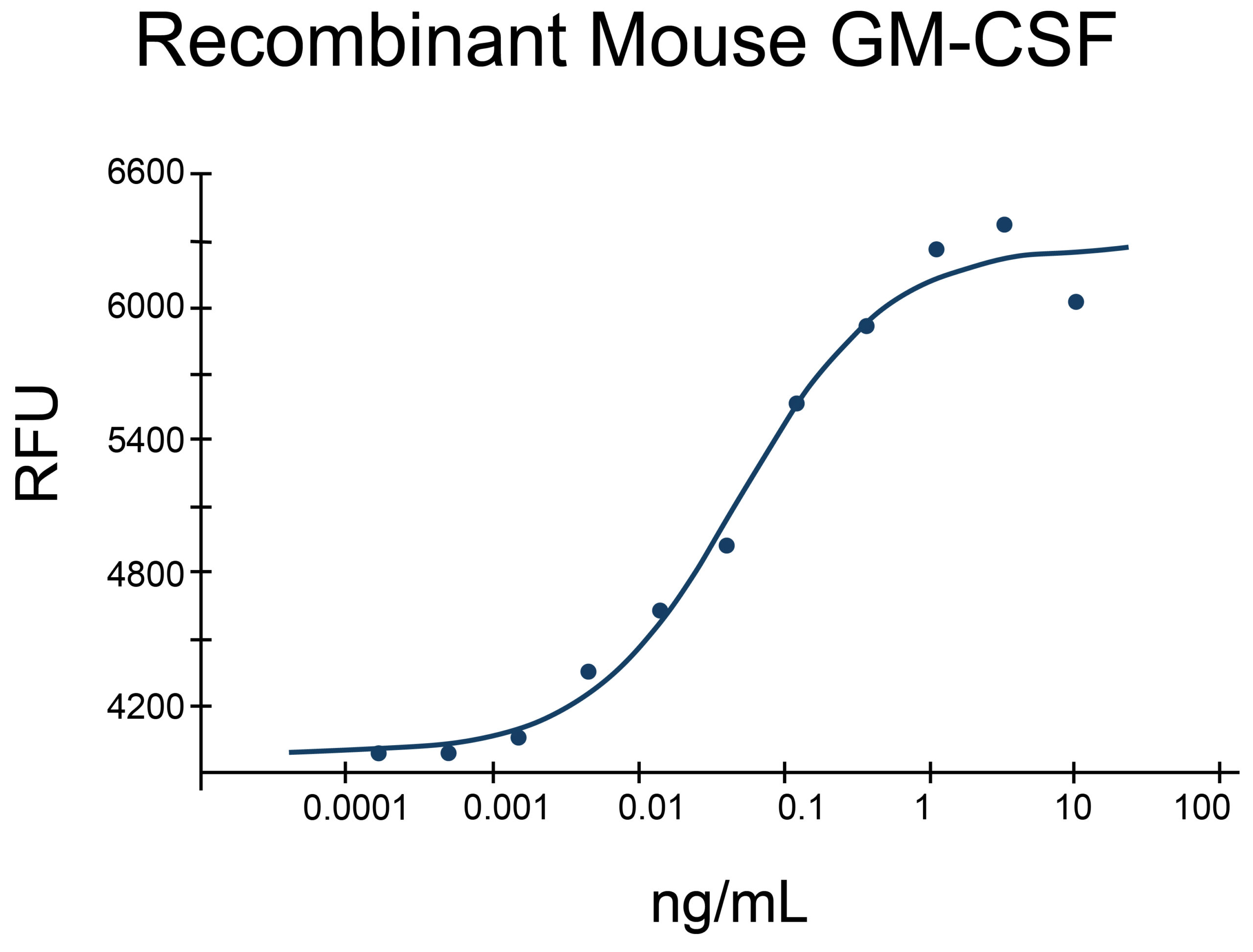
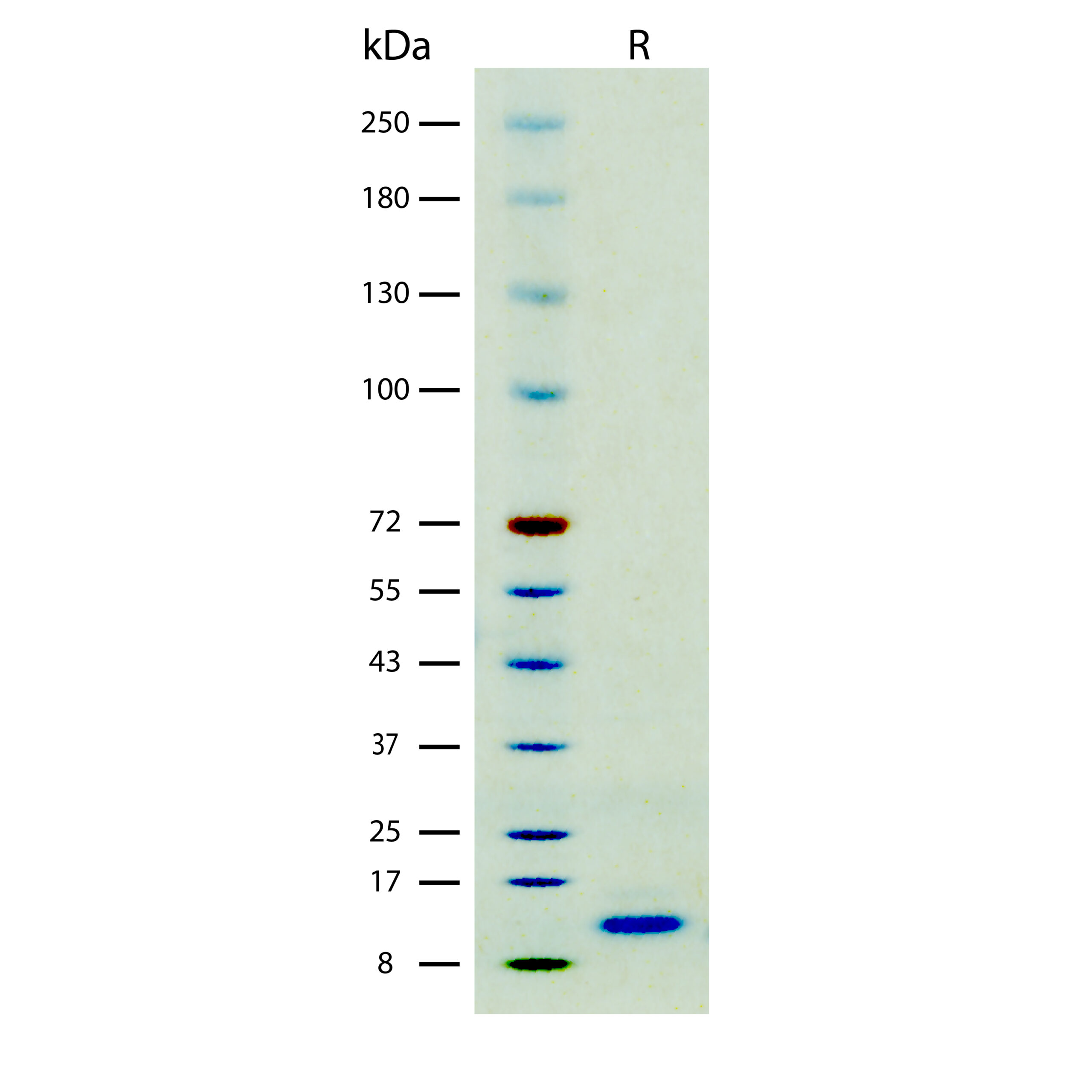
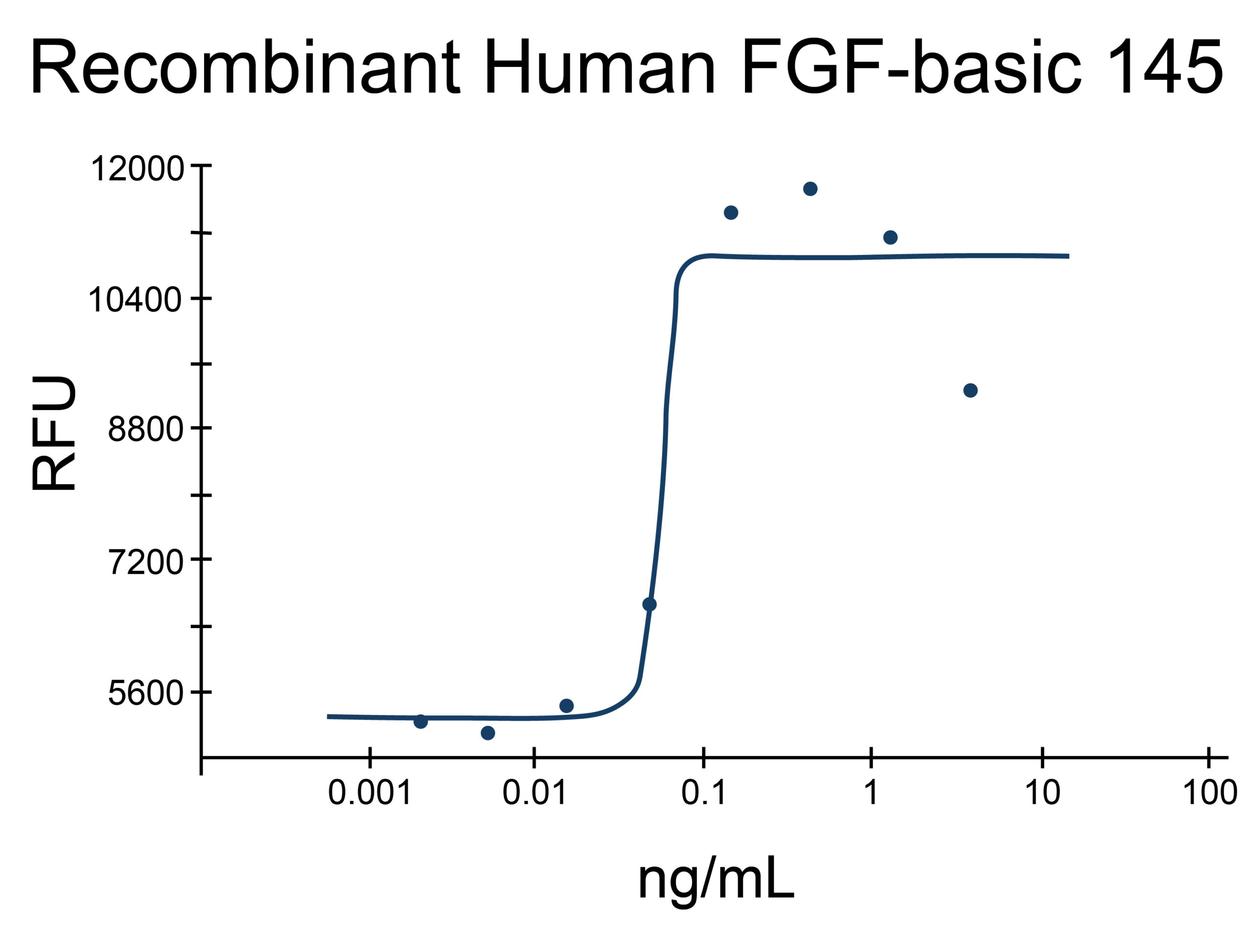
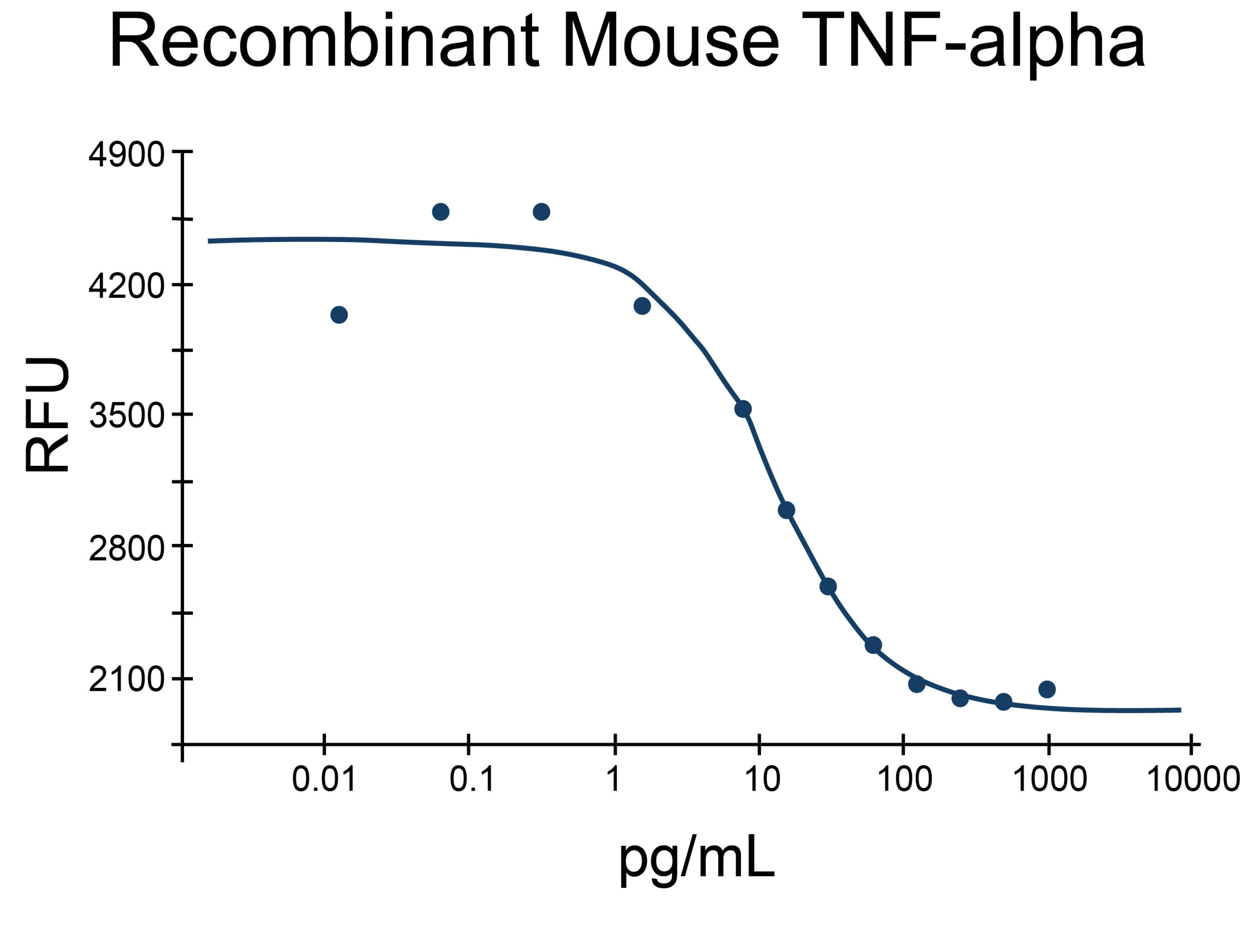
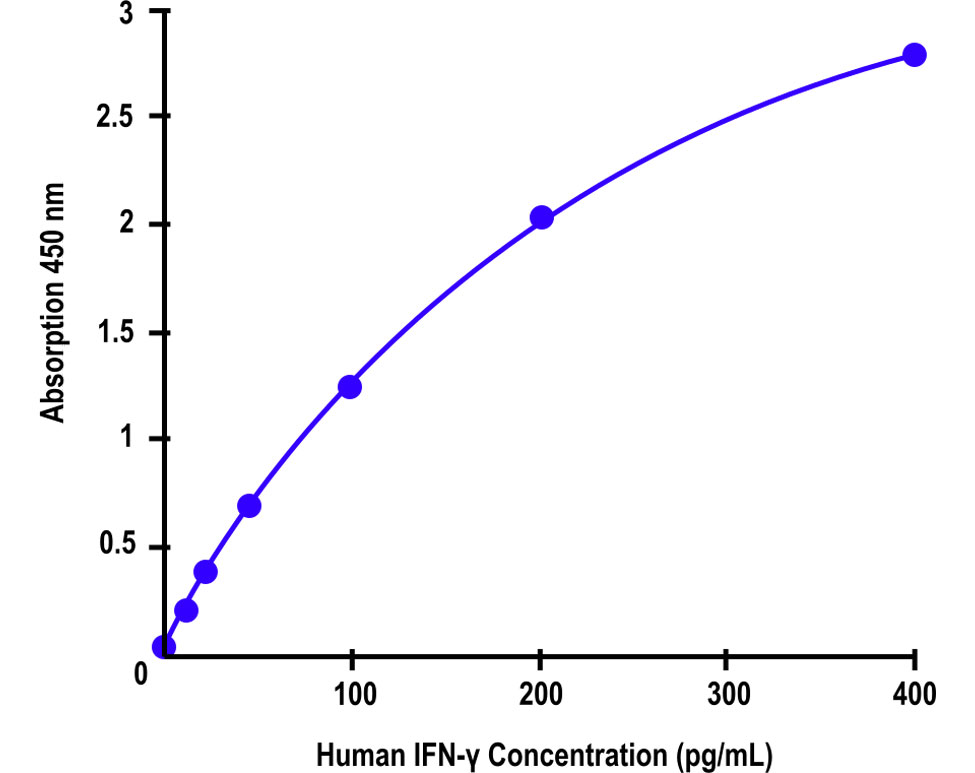
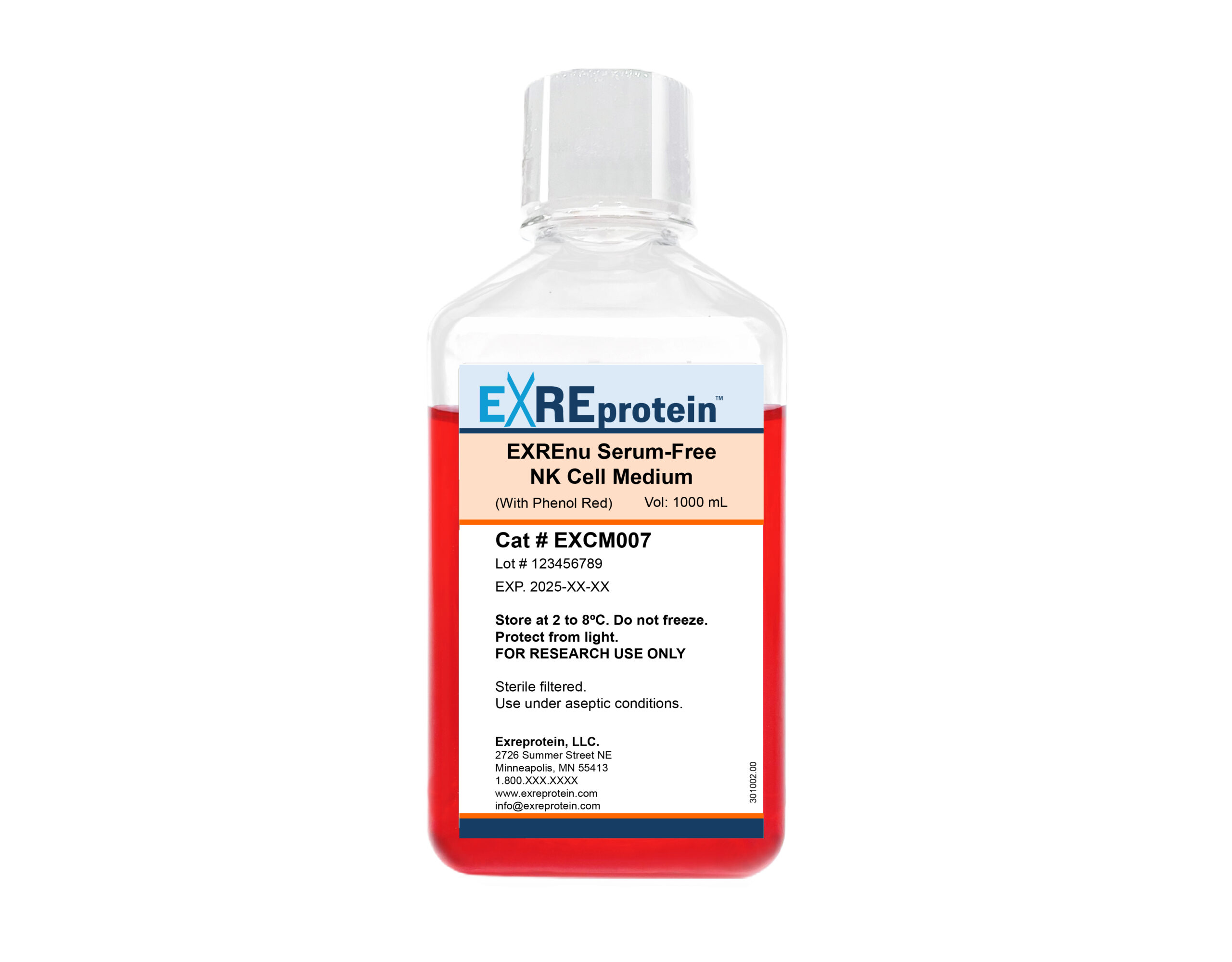

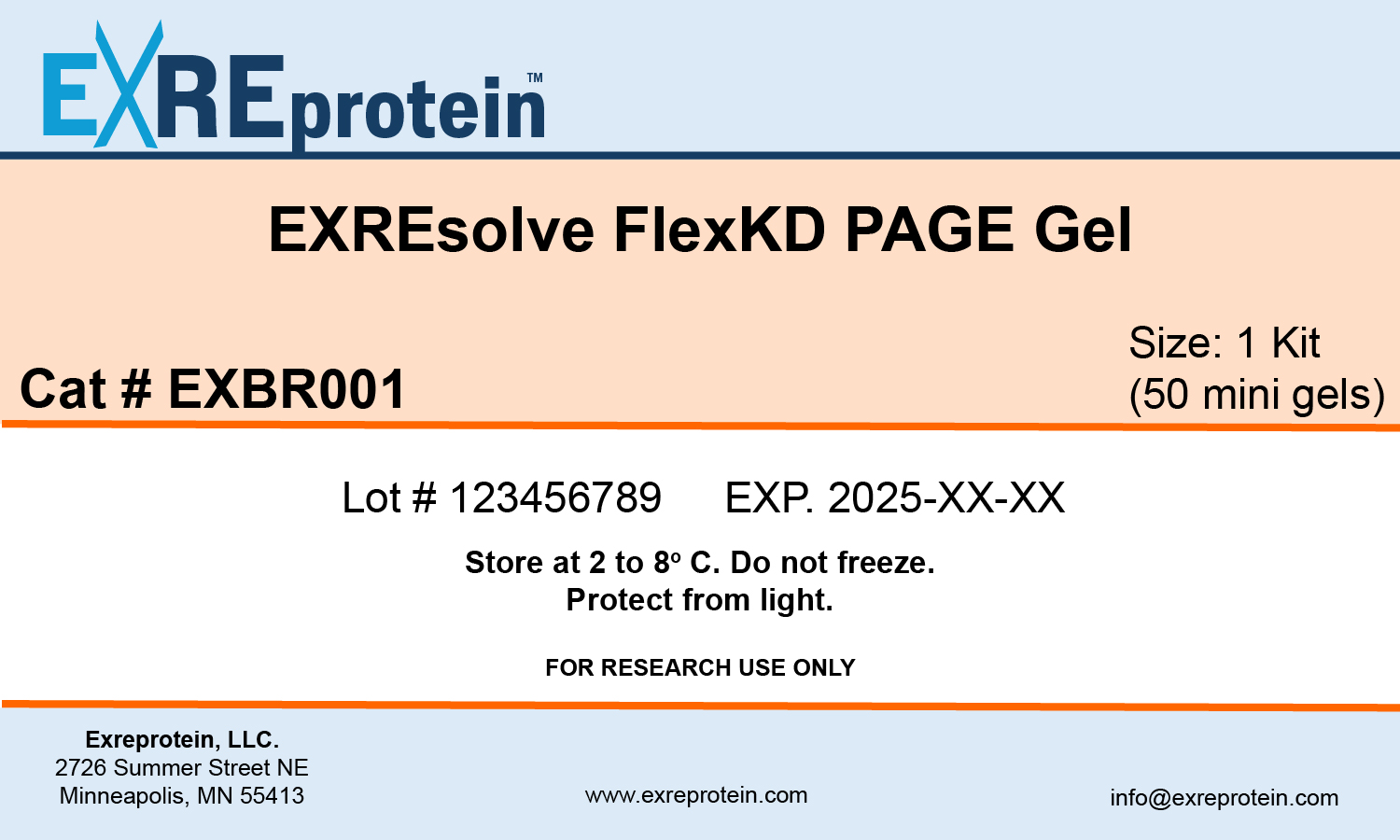
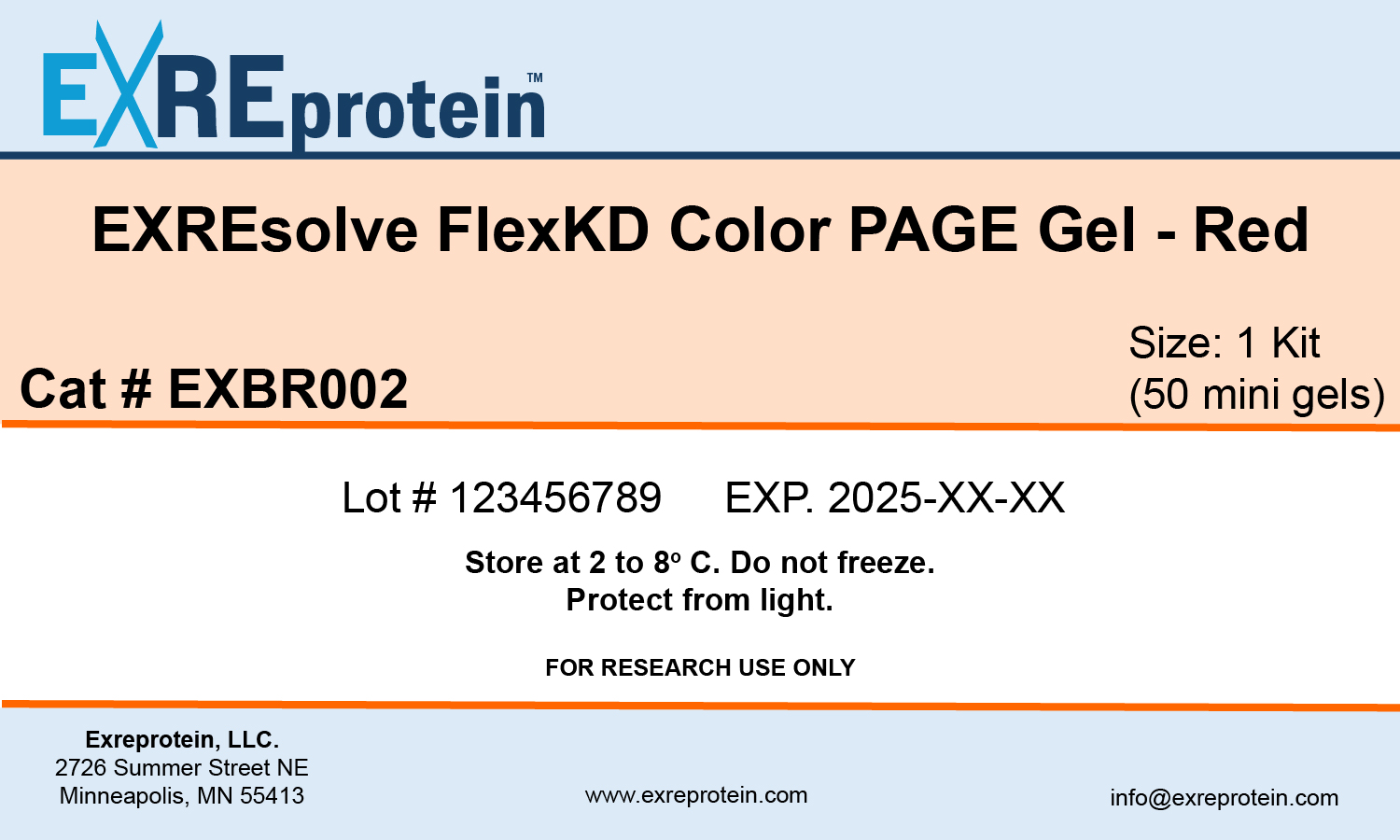
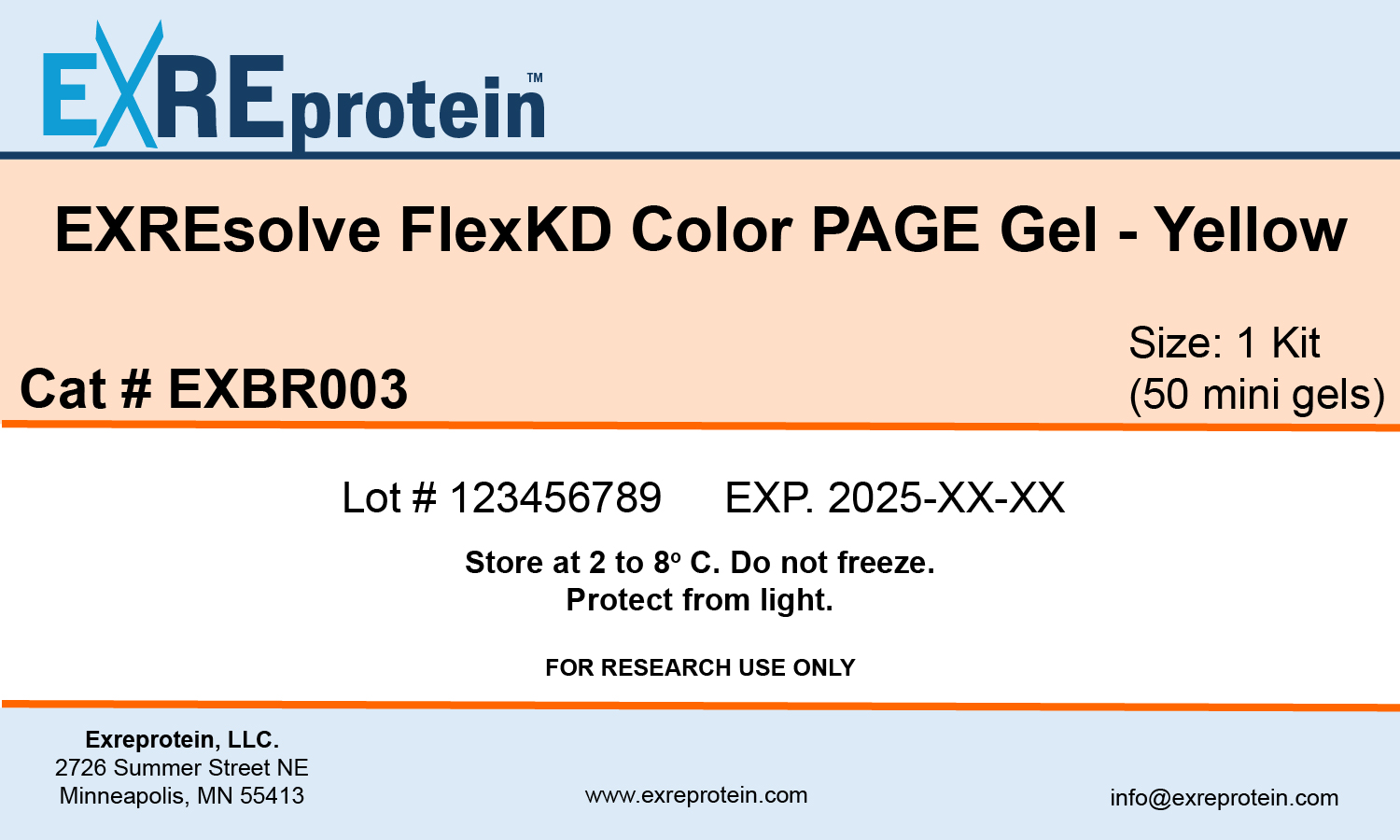
Reviews
There are no reviews yet.